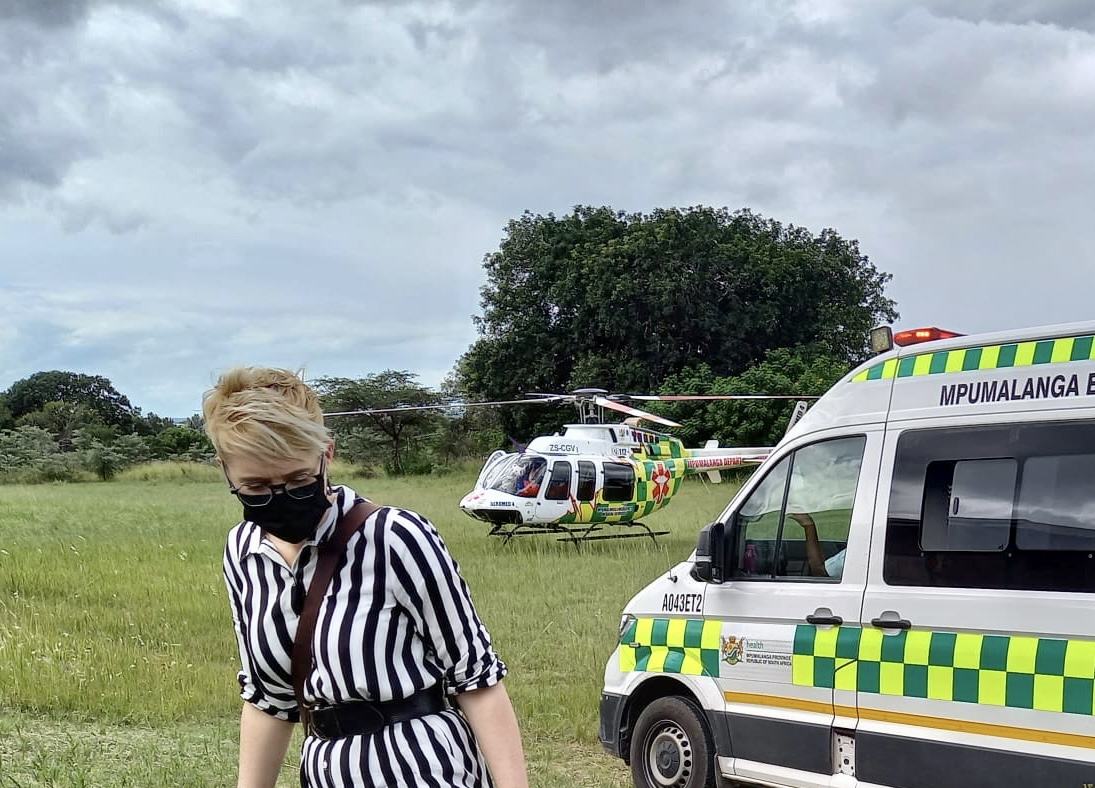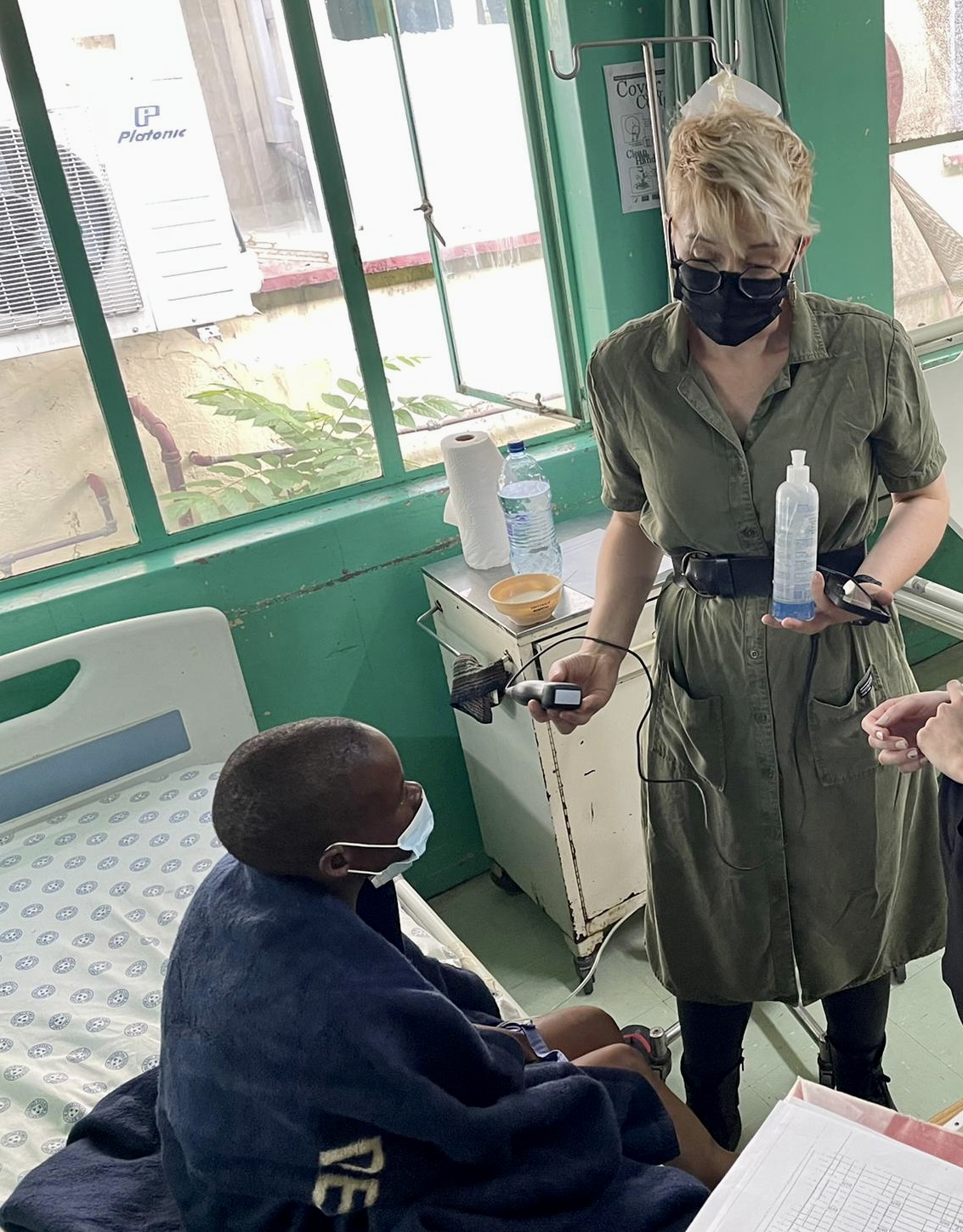
Hello! Who are you?
Hello!
I’m a South African researcher and MD in the field of digital global health. I spend most of my time trying to find ways of reducing health inequities through (and during!) research.
My research group is called Intelligent Global Health (based at the Swiss Institute of Technology, EPFL). It comprises a phenomenal group of students working together to improve health care in resource-limited settings through predictive medicine, in effect trying to democratize access to accuracy in AI4health tools.
We work mostly on my home continent of Africa with a network of doctors, researchers, and humanitarian aid organizations. The work is very multidisciplinary, covering the full cycle of translational digital medicine, from collecting data to making AI algorithms to embedding these algorithms into mobile applications and taking them back into the field.
What do you think your contributions to the D-Tree Board will be?
D-Tree is a pioneer in delivering measurable impact through digital health at scale…to be honest, I think I will learn much more than I will contribute!
The two main things I hope to contribute are:
Promoting the integration of academia into D-Tree as a way of securing sustainability and even further improving the rigorous monitoring and evaluation.
A concrete example of what I mean here is this academic exchange program I recently launched: https://www.epfl-africa.ch/. It allows highly talented Masters students in data and computer science to embed at D-Tree for internships and thesis projects, thus developing and improving D-Tree tools with academic rigor at no cost. This not only brings value to D-Tree, but also gives the students unmatched real-world experience that will hopefully inspire them to follow careers in global health later.
Guiding the development of an ethical AI-deployment strategy. The data collected on D-Tree tools holds the potential to improve the accuracy of D-Tree decision support by personalizing predictions to the needs and characteristics of the populations that are using the tools. It is important that AI is deployed with the highest ethical standards and is used to improve data security and further guarantee local ownership.
Your research focuses on creating implementable data-driven digital health tools designed for low-resource settings. What do you think is key to making digital health accessible to all?
Equitable access requires equitable representation. There is an urgent need for systematic large-scale efforts to collect health data targeting neglected populations and diseases. Only with evidence can we design evidence-based medicine.
However, it is critical that this data be handled ethically. Data is a valuable asset and should be owned locally (ideally by the patients themselves!). Technologies like federated learning could allow us to learn from data without sharing it or losing ownership, and it could be a game-changer in low-resource settings where data is usually fragmented and difficult to share.
Needs-based design. Digital tools must be designed with the perspective of the user in mind. This is particularly critical in low-resource settings, which often require adaptations to the complex limitations and challenges faced by health workers.

What fascinates you most in the work you do?
In a sentence, the most fascinating thing about my work is seeing the enormous potential of low-resource settings and how simple innovations can be, quite literally, lifesaving. When limited resources are a direct cause of death, better allocation of these resources is lifesaving. Building tools that do this (like D-Tree!) is guaranteed to reduce deaths.
We are working to improve the health of people, what do you do to stay healthy and happy?
I am very straightforward in this regard. I feel happiest when I believe I am doing something useful. Making sure I spend my time on things that have real-world impact (like sitting on the board of D-Tree!) keeps me happy.
Two more things that guarantee both my happiness and my health are my two adopted street dogs: Grunt and Barnacle. They keep me laughing and demand regular walks that get me out of my office.
